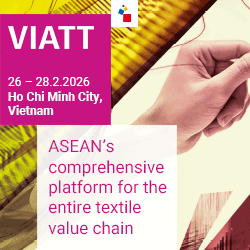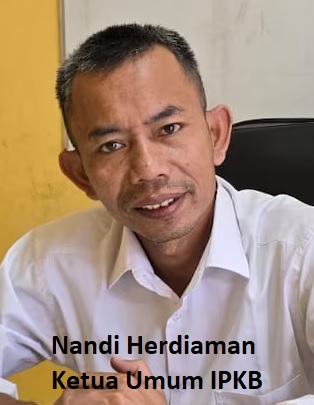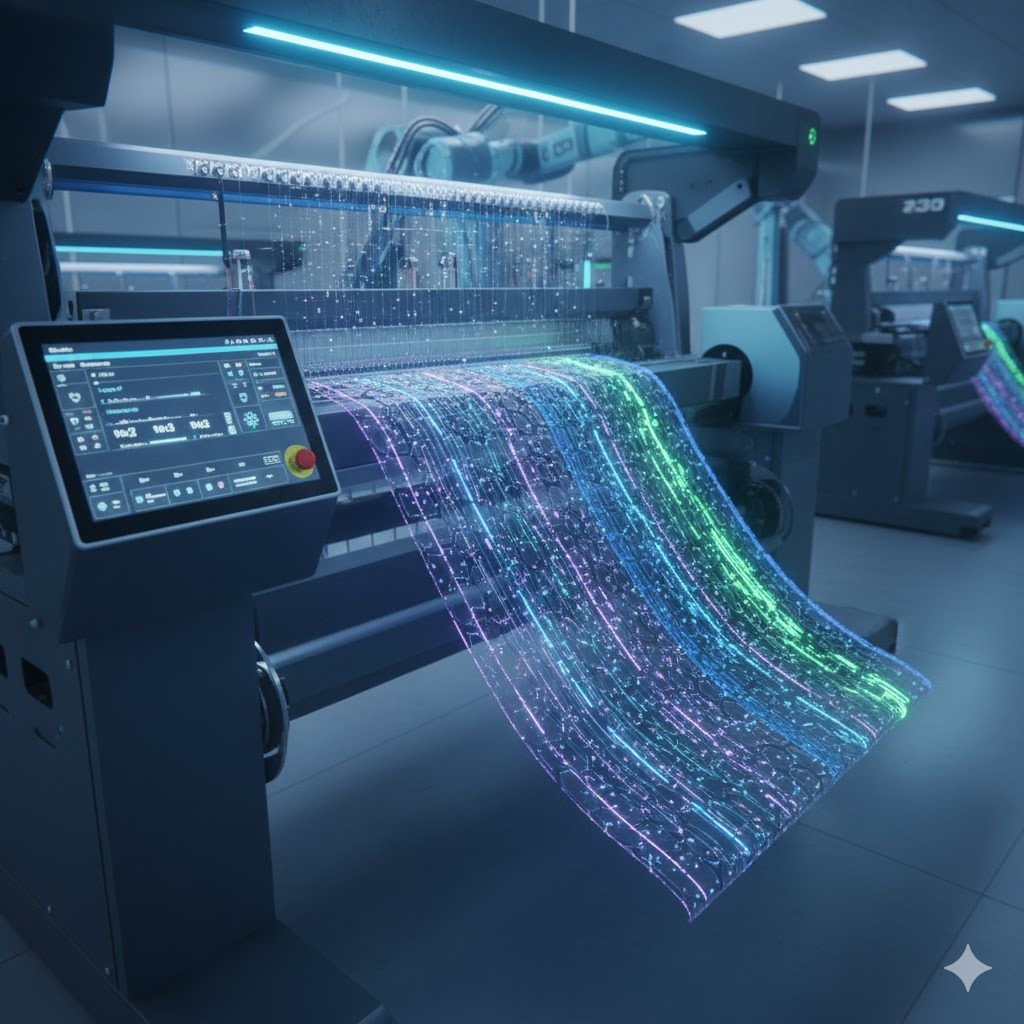Chairperson of the Indonesian Textile Association (API) Jemmy Kartiwa Sastraatmadja revealed that during the Covid-19 pandemic the textile and textile products (TPT) industry was one of the manufacturing industry sectors that was particularly hard hit.
In fact, this industry has a long upstream-downstream range and is capable of absorbing a lot of labor and being labor intensive.
"To support the revival of the textile industry, it is unfortunate that there are still major obstacles that must be faced by many industry players. One of them is the difficulty in accessing capital," said Jemmy Kartiwa Sastraatmadja in a National Webinar held by Para Syndicate.
As a result of the Covid-19 pandemic, BPS noted, the textile and apparel manufacturing industry, which in the third quarter of 2019 recorded the highest growth of 15.08 percent, experienced a downturn.
In fact, the textile and apparel industry was previously predicted to be one of the five manufacturing sectors whose development was prioritized, especially in readiness to enter the industrial era 4.0.
It is said, the difficulty of access to capital adds to the long line of problems faced after the occurrence of many contract and payment delays, increases in raw material prices, volatile exchange rates, logistical transportation difficulties during the pandemic, reduction of employees, restrictions on operating hours, to increase in shipping costs and many more. other.
"For these various problems, incentives and various concessions are needed because the textile industry in the country still has the potential to revive in the midst of the Covid-19 pandemic and develop again," said Jemmy.
He explained that the textile industry experienced a growth slowdown in Q1 and Q2 2020 due to the cessation of trade activities at home and abroad due to the Covid-19 pandemic. "However, in Q3 and Q4 the textile industry managed to bounce back. This is proven by the increase in the level of utilization, employment, and PMI for the manufacturing industry, ”said Jemmy.
However, in QI 2021, there will be another decline in performance related to the implementation of the policy to Enforce the Limitation of Community Activities (PPKM) on a micro scale.
Retailer opening hours are limited, thus automatically limiting consumer access. "Therefore, the textile industry hopes that the PPKM Micro is loosening so that it can provide more room for the acceleration of national economic recovery;" continued Jemmy.
In addition to loosening up, to overcome this industrial problem, Jemmy also indicated the importance of innovation to make IKM more accessible to the public.
"The solution can be done through empowerment and digitization of SMIs through synergies between the government, banking institutions and industry players," said Jemmy while highlighting the various benefits.
For the government, through this digitalization of IKM, they have the opportunity to significantly help empower the community's economy, in the ease of providing controlled working capital, and in increasing tax compliance.
For industry, digitization is very helpful for the absorption of domestic production and to increase the competitiveness of Indonesian textile products abroad.
Meanwhile for banks, through this digitalization, they can also provide working capital that is right on target as well as making IKM bankable, so that they can release IKM from the trap of loan sharks.
Apart from the digitalization program, according to Jemmy, empowerment programs can also be carried out by optimizing the use of non-tariff measures (NTMs). Regarding this problem, he hopes the government will provide policy assistance through banking financing schemes, concessions and incentives needed as a stimulus to encourage recovery and utilization of the textile industry.
It is known, the government is again extending the implementation of PPKM) on a micro scale. Initially, the PPKM was scheduled to end on March 8, 2021 but it was decided to extend it for the next 14 days.
"The policies for the extension and expansion of the micro PPKM will be continued for the next 2 weeks, namely March 9 to 22, 2021," said Chairman of the Committee for Handling Covid-19 and National Economic Recovery (KPC-PEN) and Coordinating Minister for the Economy Airlangga Hartarto.
In addition to being extended, the 3rd volume micro PPKM was expanded in scope. Micro PPKM is now not only valid in seven provinces in Java and Bali, but also in three other provinces, namely East Kalimantan, South Sulawesi and North Sumatra.








